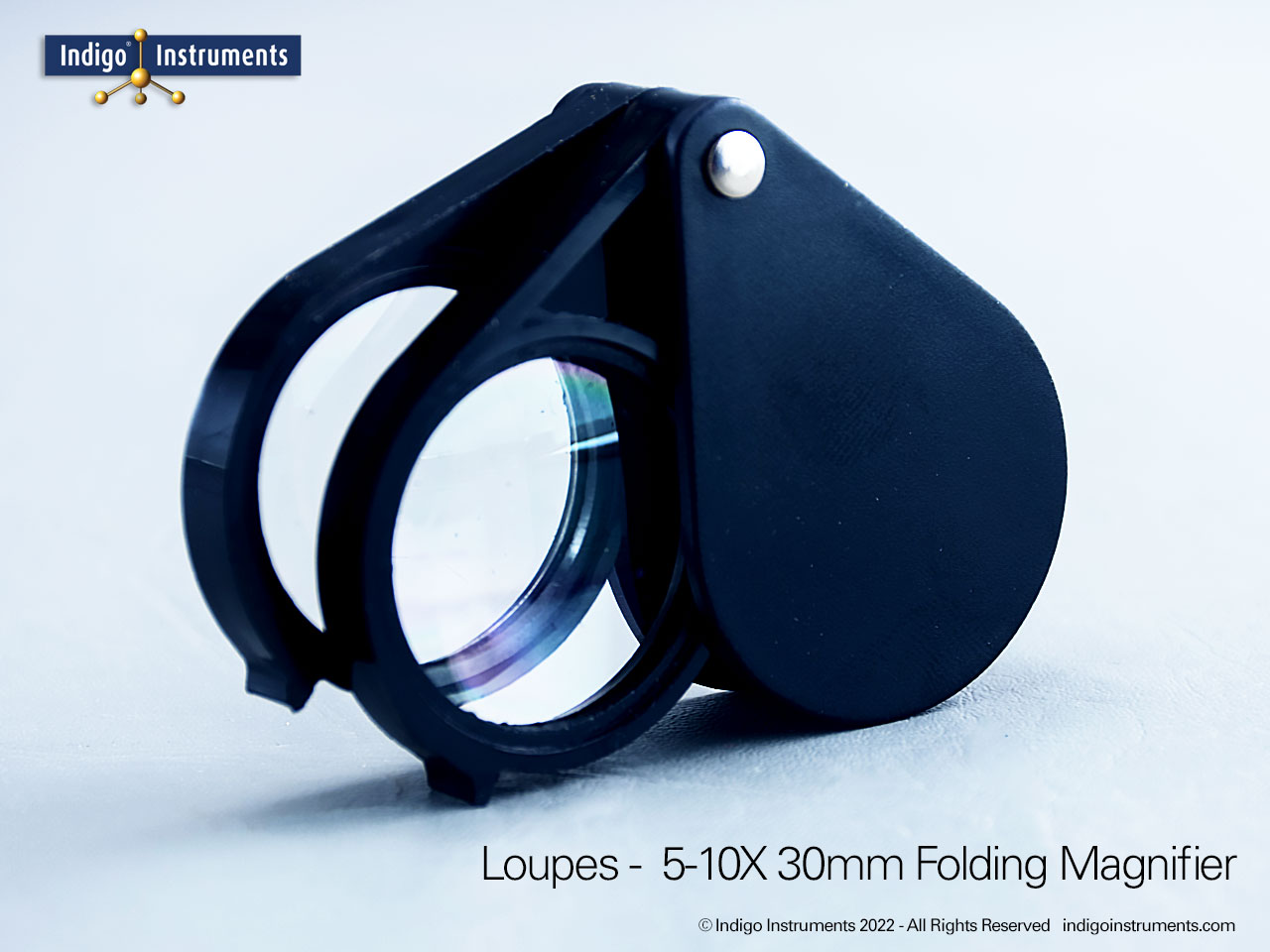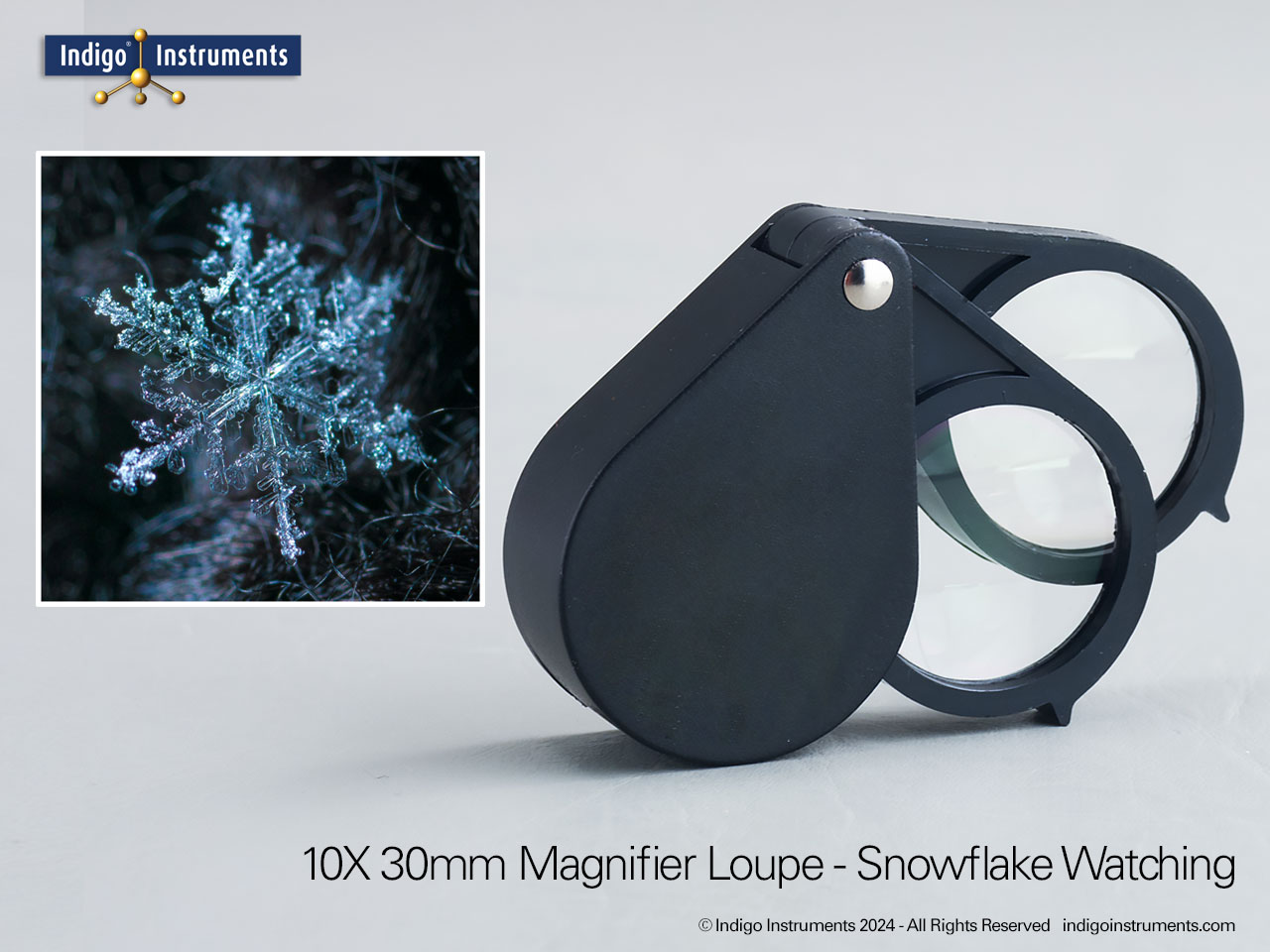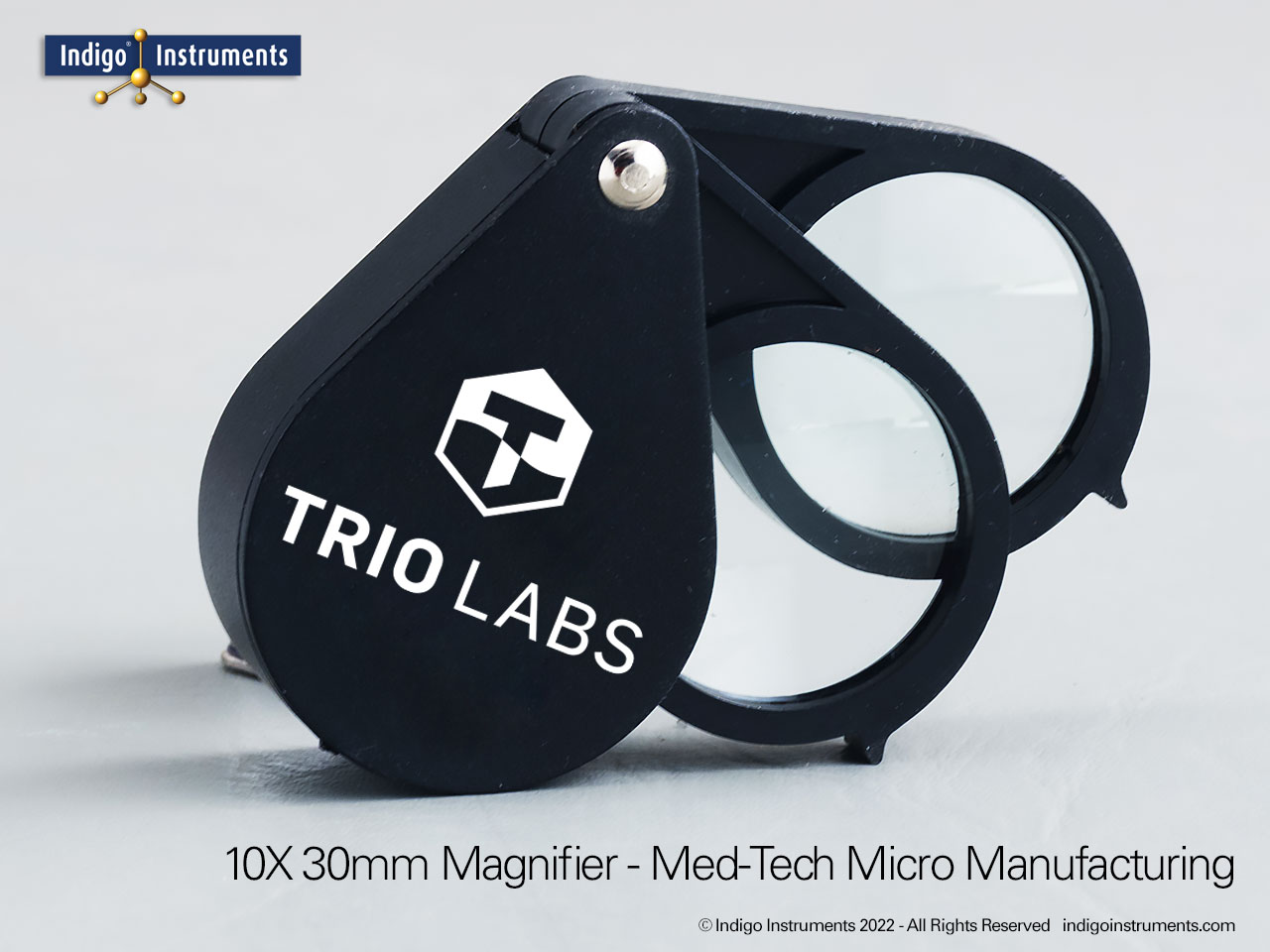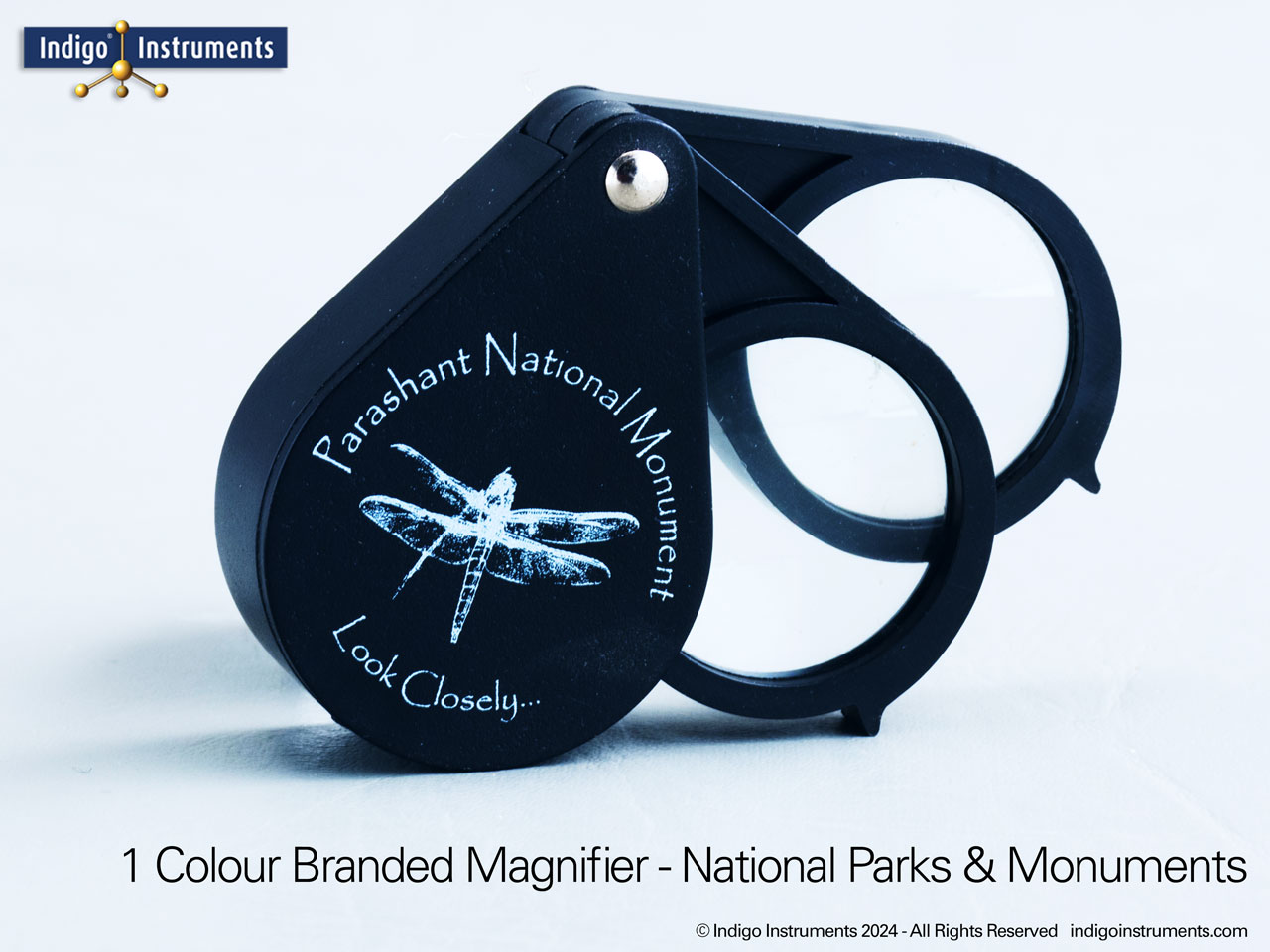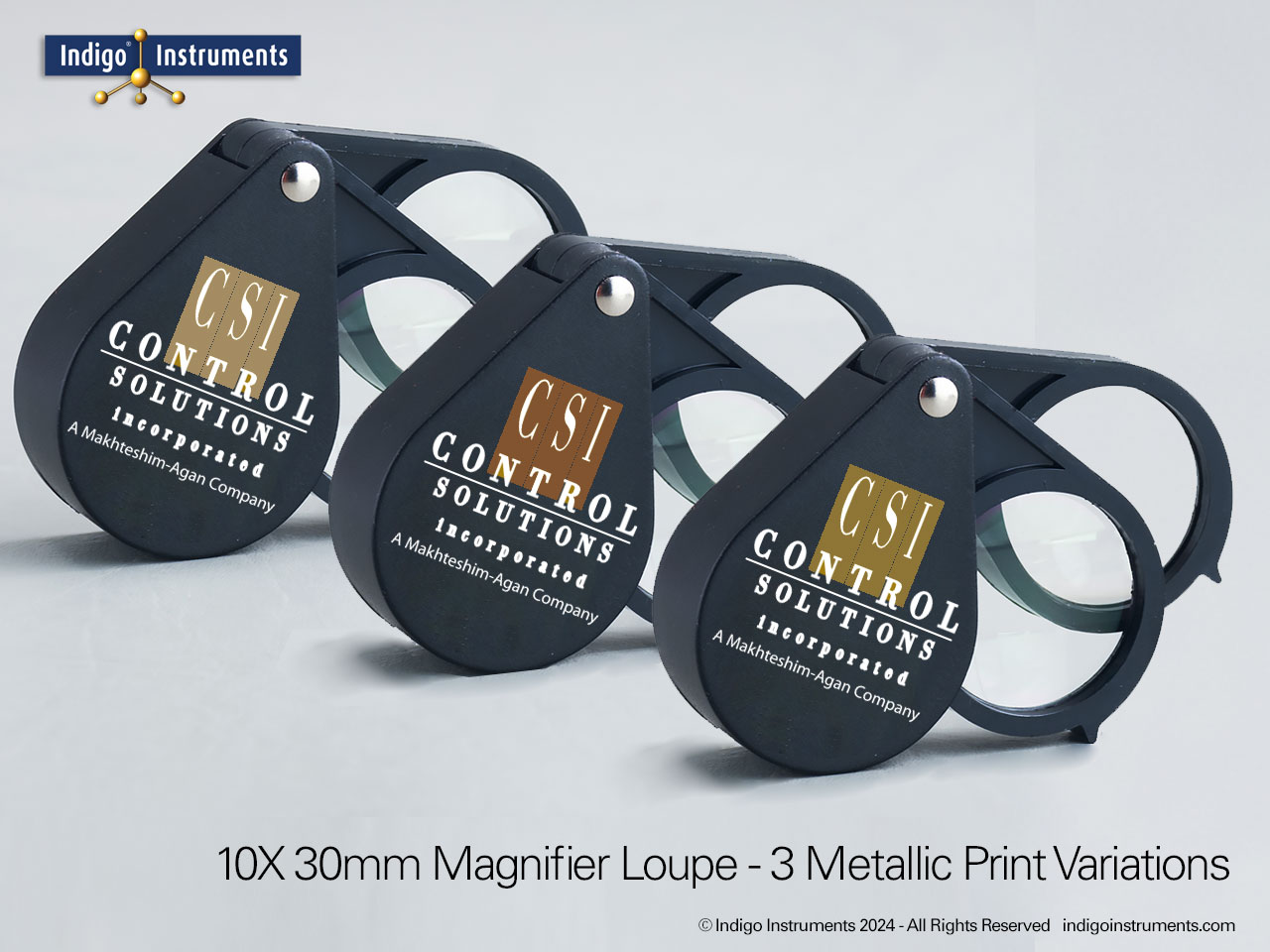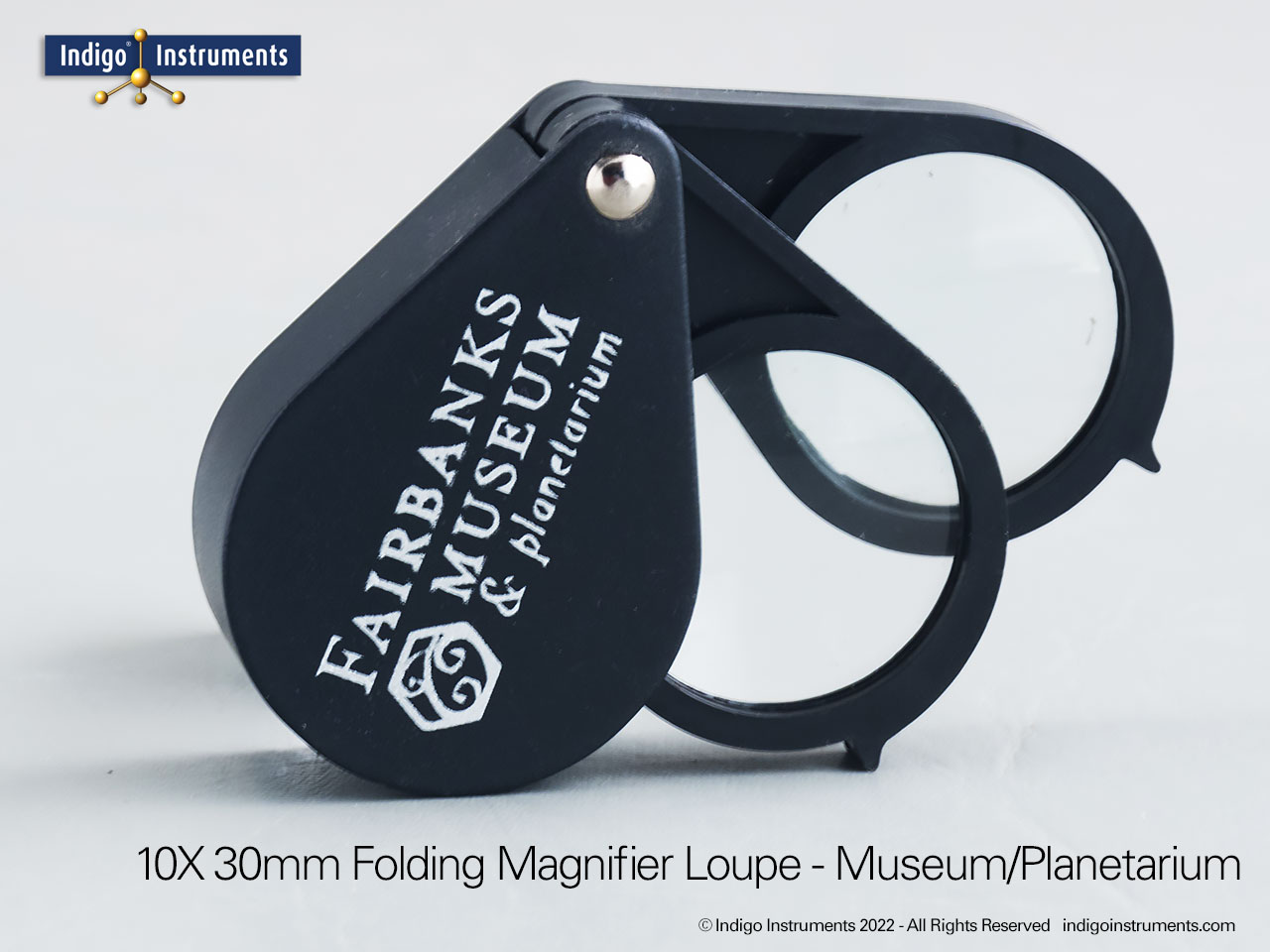Botany Hand Lens 10X Plant Field Magnifier
SKU: 23202-3
This 10X field magnifying glass is an economical botany pocket loupe magnifier. It makes a great tool for taxonomy as you identify specimens for your flower & leaf collection. Besides being an important botanist's tool, it makes a great life science company's branded marketing gift.
One customer says this in a Google Review: "...the best field loupes for students studying geology & best price....".
We've offered this quality loupe since 2002. Buy a few & our delivered cost beats "free" shipping!
